Seth Remembers His Teen Years, or Does He?
By Dan Brown
With his latest release, Palookaville 24, Guelph cartoonist Seth has moved into full-on Alice Munro territory.
And it’s delightful.
What do I mean by comparing the graphic novelist to the best damn short-story writer on the planet?
I mean, if it wasn’t before, it’s official now: The central preoccupation of Seth’s work is how his memory works, and doesn’t.
It was already clear, in books like Clyde Fans and George Sprott, Seth was obsessed with the past. Much of the artist/writer’s work is set in a sort of 1950s Canada that we all recognize yet can’t remember distinctly. Nostalgia may or may not be the impediment.
His main goal now appears to be pointing out the inadequacies of human memory as a stable platform for telling stories.
So when I read the latest instalment of Nothing Lasts in the new Palookaville, I instantly thought of Nobel Prize winner Munro.
Munro’s stories have been lauded for decades for their realism, but if you pay careful attention to the words she uses, you'll find Munro, a Wingham native and long-time Clinton resident, is often not describing what happens to her characters, but what could have happened. There’s a big difference.
(Digression: Ajay Heble, my M.A. thesis advisor, wrote a whole book on this “reservoir of meaning,” as he calls it, in her work. And yeah, I did my thesis on Alice Munro. I’m a nerd.)
So in the new book Seth will describe, in great detail, the daily routine of a summer job he had in the 1970s using the diction of uncertainty. He will lay out his memories for the reader and then say, “I think,” meaning he’s not sure how much to trust the vivid scene he has just described. “I’m not sure,” he’ll say in other passages.
These seemingly fondly recalled moments could have happened the way he remembers. But did they?
The comic creator then goes an additional step, and asks, “What DO I recall of those summers?” and revises his story. Nor can he explain why certain details stick out and others are a blank in his mind.
For example, while detailing his summer job he reveals during that season he was reading a movie novelization. He never says which movie. “Was it really like this?” he writes at another point of his own narrative, probing his recollections of what seems like an eternal 1970s summer day.
Seth goes even deeper, asking if a memory can die of neglect. The more he tries to nail down the images and feelings in his mind, the more they elude him. At one point he projects backwards, putting his adult self in a scene from his younger years. Then he projects forward to his future gravestone.
All that, plus the chapter ends with a cliff hanger!
Palookaville 24 also includes some sketchbook exercises Seth assigned himself and a film on DVD by Luc Chamberland of a suitcase theatre play that Seth performed using puppets.
Chamberland is the same filmmaker behind Seth’s Dominion, the superlative National Film Board of Canada documentary about the cartoonist which animates passages from Seth’s previous work to great effect.
(Bonus digression: Both Seth and Munro are products of Southwestern Ontario. I know everybody has to be from somewhere, but is there some kind of symmetry to that? Are people in this corner of Canada more obsessed with the images in their minds of the lives they have lived than other Canadians? It’s an honest question.)
Dan Brown has covered pop culture for 30 years as a journalist and also moderates L.A. Mood’s monthly graphic-novel group.


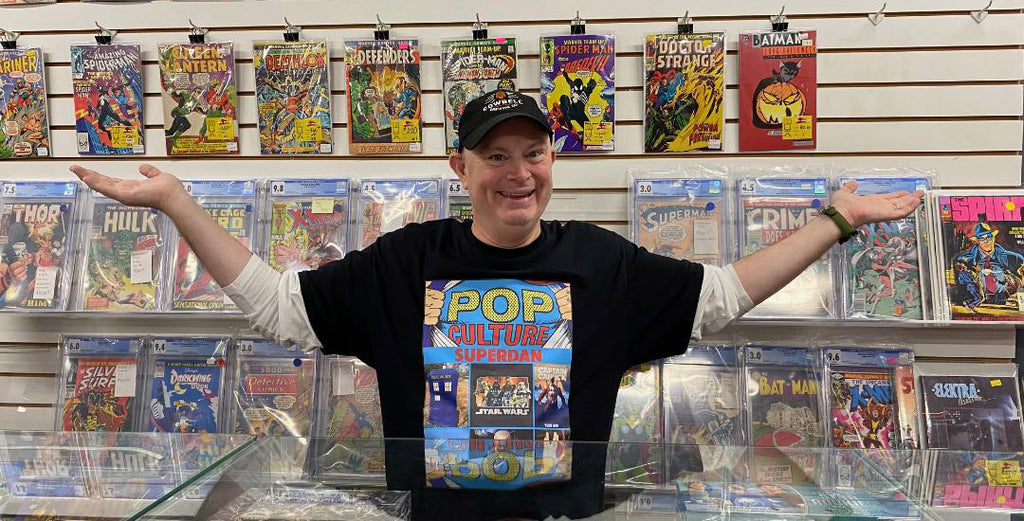
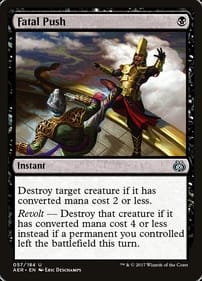
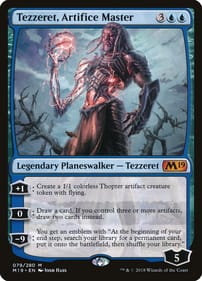
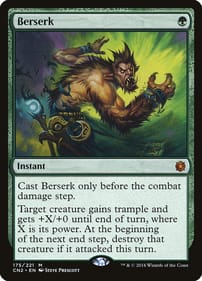
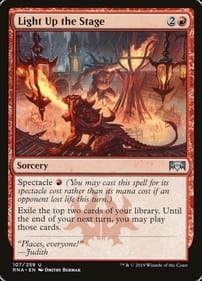
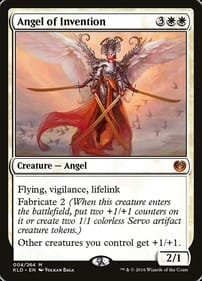
Leave a comment